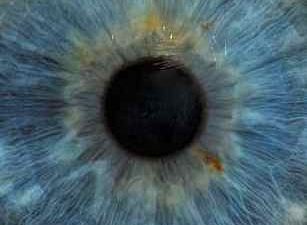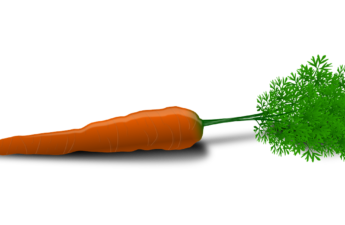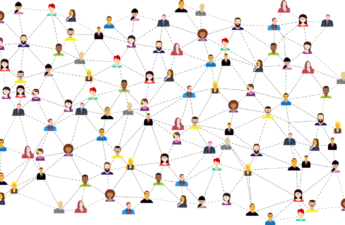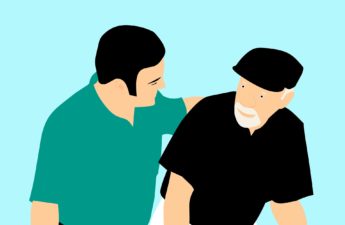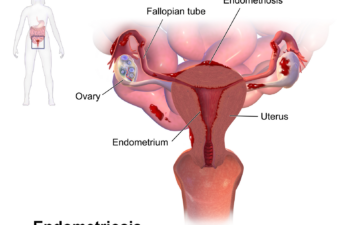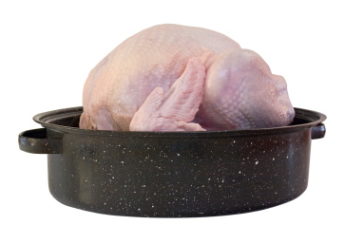Author: LocalHealthGuideEditor
Viewpoint: Restricting Obese Women From IVF Is Discriminatory
Fertility clinics bar women with obesity from their services, despite the lack of medical evidence for doing so.
Cardio or weights first? A kinesiologist explains how to optimize the order of your exercise routine
When you enter the gym, which way should you head first? Toward the treadmills and spin studio to get your sweat on with a cardio session? Or toward the free weights and strength-training machines to do some resistance training? The answer to this question is … it depends.
Six ways to look after your eyes in 2024
Reducing the risk of eye diseases involves adopting a combination of lifestyle changes, protective measures, and regular eye care. Here are six ways to look after your eyes in 2024.
Resistance (exercise) is far from futile: The unheralded benefits of weight training
For too long, though, one way of keeping fit, aerobic exercise, has been perceived as superior to the other, resistance training, for promoting health when, in fact, they are equally valuable, and both can get us to the same goal of overall physical fitness.
Hate salad or veggies? Just keep eating them.
Here’s how our tastebuds adapt to what we eat
US birth rates are at record lows – even though the number of kids most Americans say they want has held steady
Birth rates are falling in the U.S. Is this decline because, as some suggest, young people aren’t interested in having children? Or are people facing increasing barriers to becoming parents?
Health misinformation is rampant on social media – here’s what it does, why it spreads and what people can do about it
Studies show that health misinformation spread on social media results in fewer people getting vaccinated and can also increase the risk of other health dangers such as disordered eating and unsafe sex practices and sexually transmitted infections. Health misinformation has even bled over into animal health, with a 2023 study finding that 53% of dog owners surveyed in a nationally representative sample report being skeptical of pet vaccines.
More than a third of people with dementia don’t know they have it – what to do if you suspect your partner has the condition
Dementia can present very differently in each person, so it’s about knowing what’s normal for your loved one. A person who has always been conscientious and organised starting to unravel is very different from a scatterbrained person just being slightly more scatterbrained.
DOH launchers interactive tool to connect people to Women, Infants, and Children (WIC) Nutrition Program
WIC provides monthly food benefits with an emphasis on healthy grocery items like milk, fruits, and vegetables. The program also assists with health screenings and referrals, nutritional education, and breast/chest-feeding support. WIC is for people who are pregnant, recently delivered a baby, who are breast/chest-feeding, and infants and children under 5 years old. Dads, grandparents, foster parents, or other guardians may also apply for WIC for their children.
Lifestyle changes can reduce dementia risk by maintaining brain plasticity — but the time to act is now
There are several new drugs making their way to the market for Alzheimer’s disease (one of the most common forms of dementia). However, they are still far from a cure and are currently only effective for early-stage Alzheimer’s patients. So lifestyle changes may be our best hope of delaying dementia or not developing dementia at all.
Endometriosis: It’s time to change the pattern of pain, stigma and barriers to diagnosis and treatment
One of the significant challenges faced by people with endometriosis is receiving a diagnosis. Patients experience an average delay of 5.4 years from the onset of symptoms to diagnosis. The symptoms are similar to other reproductive health issues (such as polycystic ovary syndrome) or severe period pain, which can be confusing for non-specialist health-care professionals.
I’m trying to lose weight and eat healthily. Why do I feel so hungry all the time? What can I do about it?
Nick Fuller, University of Sydney Benjamin Franklin, one of the founding fathers of the United States, famously said nothing is certain except death and taxes. But I think we can include “you’ll feel hungry when you’re trying to lose weight”…
What does weight-inclusive health care mean?
Weight-inclusive health care means a focus on better health with no weight loss required.
Thinking of trying a detox? Here’s what you need to know first
Detoxes are prevalent on social media and spruiked (Australian slang: to promote) by brands offering detox products, celebrities and influencers. So if you’re thinking of trying a detox, here’s what you need to know.
This Thanksgiving − and on any holiday − these steps will help prevent foodborne illness
The Centers for Disease Control and Prevention reports that 1 in 6 Americans, or 48 million people, get sick from a foodborne illness each year. According to the CDC, more than 1 million of these people get sick from salmonella, which is the primary pathogen associated with poultry.


